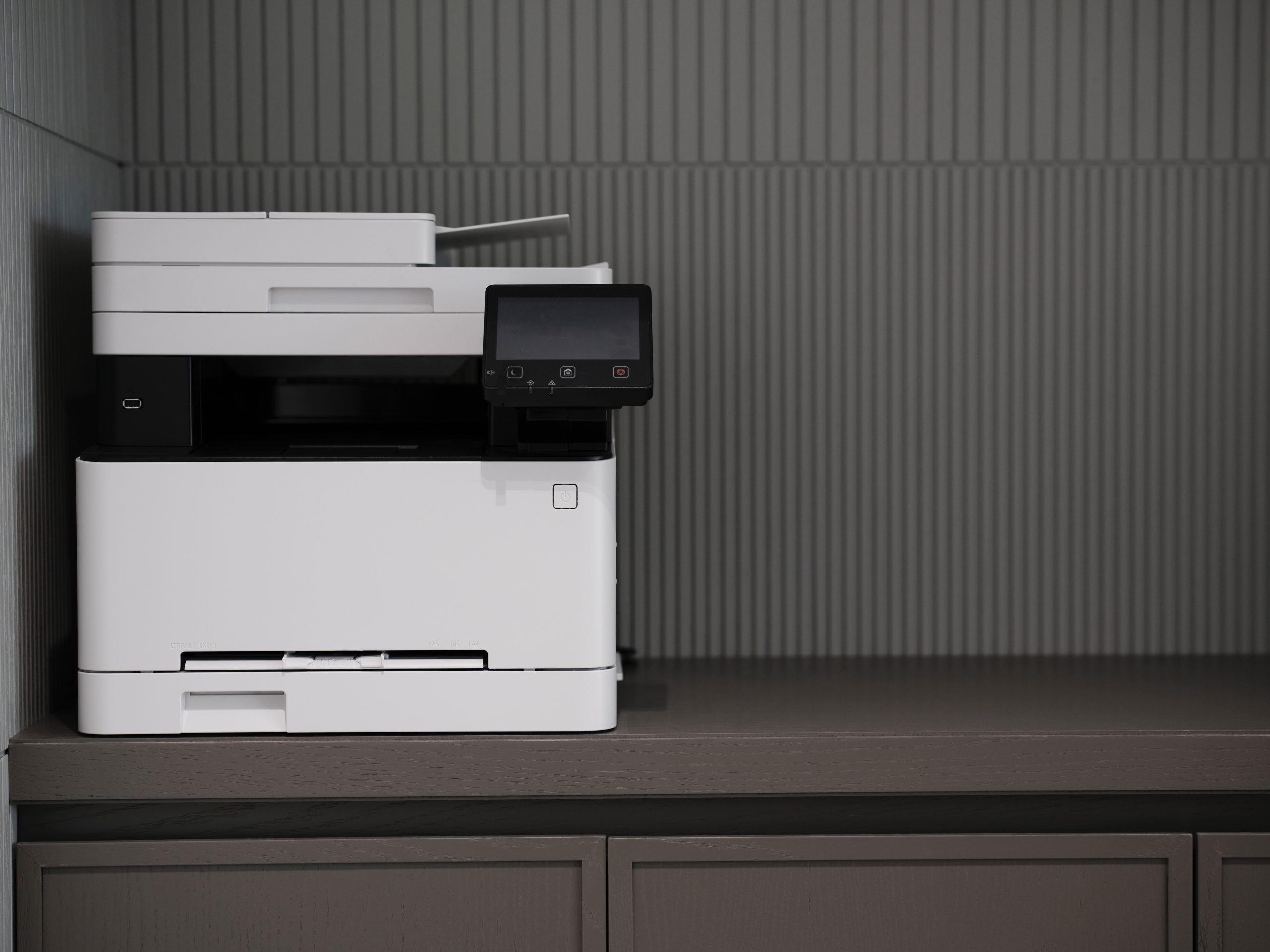Libraries have always been the go-to resource for people who need access to a wide range of materials, including books, magazines, newspapers, and online databases. But in today’s digital age, do libraries still have fax machines? The answer is yes, and in this post, we’ll explore why libraries still offer fax services, how they work, and what benefits they offer to library patrons.
Do Libraries Have Fax Machine?
Contents
Despite the widespread availability of email and other digital communication methods, fax machines still play an important role in many industries, including healthcare, finance, and law. This is because faxing is a secure and reliable way to transmit sensitive information, such as legal documents, medical records, and financial statements. Additionally, not everyone has access to a fax machine at home or work, so libraries provide a valuable service to those who need to send or receive faxes.
How Do Fax Machines in Libraries Work?
Fax machines in libraries work much like any other fax machine. A patron can send a fax by placing the document in the machine’s feeder, entering the recipient’s fax number, and pressing the send button. To receive a fax, the patron must provide the library’s fax number to the sender. The fax machine will then receive the incoming fax, and the patron can retrieve the document from the machine’s output tray.
Also, Check Where Can I Use A Fax Machine Post Office?
What Are the Benefits of Fax Machines in Libraries?
There are several benefits to having fax machines in libraries. First and foremost, they provide a convenient and affordable way for patrons to send and receive faxes without needing to purchase their own fax machine or pay for an online faxing service. This can be especially helpful for job seekers who need to send resumes, small business owners who need to send invoices or purchase orders, or students who need to send assignments.
Additionally, fax machines in libraries are often available during the library’s regular business hours, which are typically longer than the operating hours of many other businesses that offer faxing services. This makes it easier for patrons to access fax services at a time that is convenient for them.
Finally, fax machines in libraries can be a valuable resource for patrons who are not comfortable with or do not have access to digital communication methods. Some people may not have email or internet access, or they may simply prefer to use a fax machine for security or privacy reasons. By offering fax services, libraries ensure that all patrons have access to important communication tools, regardless of their digital literacy level or personal preferences.
Conclusion:
Libraries still have fax machines for good reason. While digital communication methods have become more prevalent, fax machines provide a reliable and secure way to transmit important information. By offering fax services, libraries provide a valuable resource to their patrons, helping them stay connected and productive in today’s fast-paced world.
